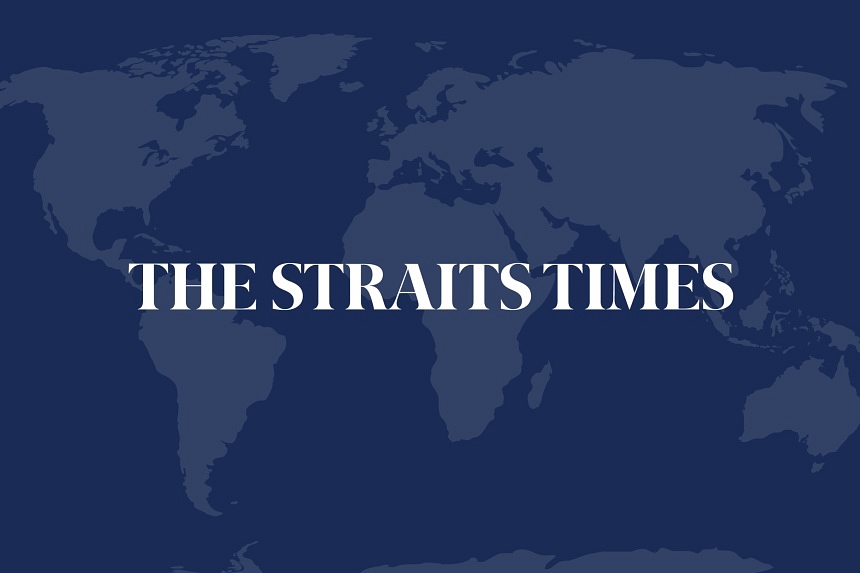
Similar Posts
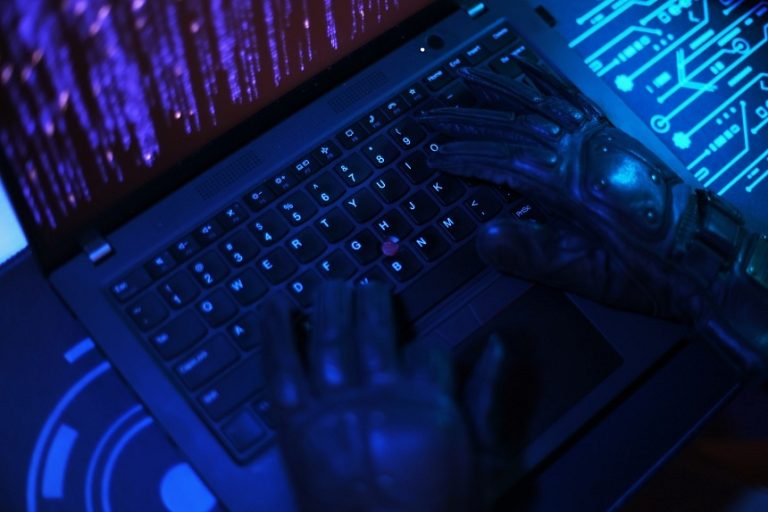
“Ofcom to Detail Actions Required for Social Media Companies Over Illegal Content by December”
LONDON – Britain’s media regulator Ofcom said on Oct 17 that it would detail what action it expected social media companies to take over illegal content on their platforms in December, saying it expected swift action or they would face consequences.
Ofcom, which is responsible for implementing the government’s Online Safety Bill, said the platforms would have three months to complete their own illegal harms risk assessments after the publication of its demands.
“The time for talk is over,” Ofcom’s Chief Executive Melanie Dawes said on Oct 17. “From December, tech firms will be legally required to start taking action, meaning 2025 will be a pivotal year in creating a safer life online.”
She said the regulator had already seen positive changes, but expectations were going to be high.
“We’ll be coming down hard on those who fall short,” she said.
Ofcom said better protections had already been introduced by Meta, the owner of Instagram and Facebook, and Snapchat which have brought in changes to help prevent children being contacted by strangers.
Britain’s new online safety regime, which became law last year, requires social media companies to tackle the causes of harm, particularly for children, by making their services safer.
If companies do not comply with the new law, they could face significant fines and, in the most serious cases, their services could be blocked in Britain. REUTERS
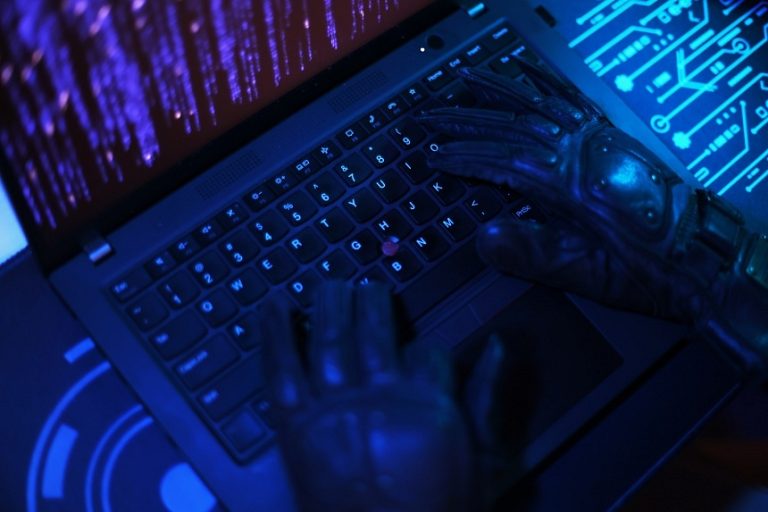
“Ofcom to Detail Action Required from Social Media Companies Over Illegal Content – December Deadline Looming for Compliance”
LONDON – Britain’s media regulator Ofcom said on Oct 17 that it would detail what action it expected social media companies to take over illegal content on their platforms in December, saying it expected swift action or they would face consequences.
Ofcom, which is responsible for implementing the government’s Online Safety Bill, said the platforms would have three months to complete their own illegal harms risk assessments after the publication of its demands.
“The time for talk is over,” Ofcom’s Chief Executive Melanie Dawes said on Oct 17. “From December, tech firms will be legally required to start taking action, meaning 2025 will be a pivotal year in creating a safer life online.”
She said the regulator had already seen positive changes, but expectations were going to be high.
“We’ll be coming down hard on those who fall short,” she said.
Ofcom said better protections had already been introduced by Meta, the owner of Instagram and Facebook, and Snapchat which have brought in changes to help prevent children being contacted by strangers.
Britain’s new online safety regime, which became law last year, requires social media companies to tackle the causes of harm, particularly for children, by making their services safer.
If companies do not comply with the new law, they could face significant fines and, in the most serious cases, their services could be blocked in Britain. REUTERS
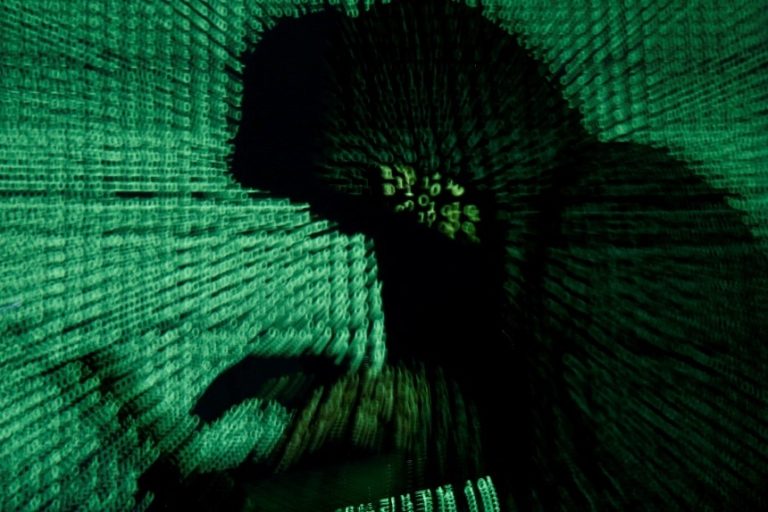
WASHINGTON – Chinese state-affiliated hackers intercepted audio from the phone calls of US political figures including an unnamed campaign adviser of Republican presidential candidate Donald Trump, the Washington Post reported on Oct 27.
The FBI and the US Cybersecurity and Infrastructure Security Agency said on Oct 25 they were investigating unauthorised access to commercial telecommunications infrastructure by people associated with China.
Trump’s campaign and the FBI did not immediately respond to a request for comment.
The Post also reported the hackers were able to access unencrypted communications like text messages, of the individual.
Reuters reported on Oct 25 that Chinese hackers also targeted phones used by people affiliated with the campaign of Democratic presidential candidate Kamala Harris.
Trump and his running mate, J.D. Vance, were targeted, various media outlets reported last week.
The Trump campaign was made aware last week that Trump and Mr Vance were among a number of people inside and outside of government whose phone numbers were targeted through the infiltration of Verizon phone systems, the New York Times reported on Oct 25.
The Trump campaign was hacked earlier in 2024. The US Justice Department charged three members of Iran’s Revolutionary Guard Corps with the hack, accusing them of trying to disrupt the Nov 5 election.
Verizon said on Oct 25 it was aware of a sophisticated attempt to target US telecoms and gather intelligence and is working with law enforcement.
Congress is also investigating and earlier this month U.S. lawmakers asked AT&T, Verizon and Lumen Technologies to answer questions about reports Chinese hackers accessed the networks of U.S. broadband providers.
The Chinese embassy in Washington said last week it was unaware of the specific situation but said China opposes and combats cyber attacks and cyber thefts in all forms. REUTERS
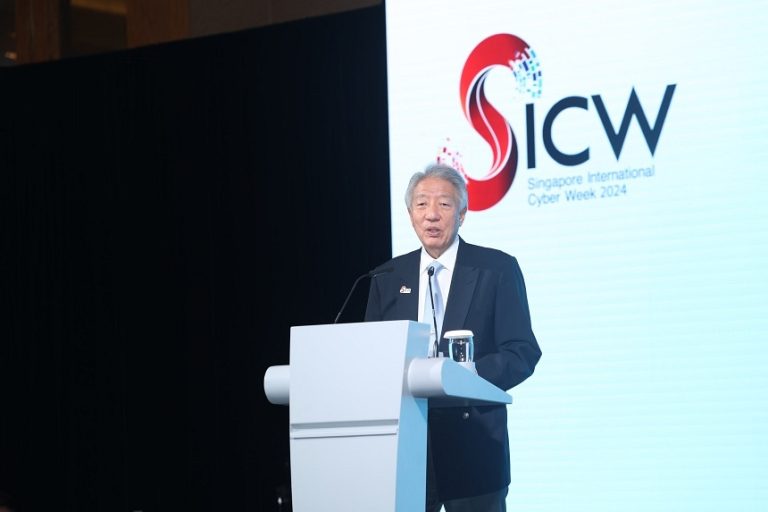
“Singapore Issues New Guidelines to Protect Businesses from AI Security Risks”
SINGAPORE – Rogue chatbots that spew lies or racial slurs may be just the beginning, as maliciously coded free chatbot models blindly used by businesses could unintentionally expose sensitive data or result in a security breach.
In new guidelines published on Oct 15, Singapore’s Cyber Security Agency (CSA) pointed out these dangers amid the artificial intelligence (AI) gold rush, and urged businesses to test what they plan to install rigorously and regularly.
This is especially crucial for firms that deploy chatbots used by the public, or those linked to confidential customer data.
Frequent system tests can help weed out threats like prompt injection attacks, where text is crafted to manipulate a chatbot into revealing sensitive information from linked systems, according to the newly published Guidelines on Securing AI Systems .
The guidelines aim to help businesses identify and mitigate the risks of AI to deploy them securely. The more AI systems are linked to business operations, the more they should be secured.
Announcing the guidelines at the annual Singapore International Cyber Week (SICW) at the Sands Expo and Convention Centre on Oct 15, Senior Minister and Coordinating Minister for National Security Teo Chee Hean said the manual gives organisations an opportunity to prepare for AI-related cyber-security risks while the technology continues to develop.
Mr Teo said in his opening address that managing the risks that come with emerging technology like AI is an important step to build trust in the digital domain. He urged the audience to learn lessons from the rapid rise of the internet.
“When the internet first emerged, there was a belief that the ready access to information would lead to a flowering of ideas and the flourishing of debate. But the internet is no longer seen as an unmitigated good,” he said, adding that there is widespread recognition that it has become a source of disinformation, division and danger.
“Countries now recognise the need to go beyond protecting digital system to also protecting their own societies,” he said. “We should not repeat these mistakes with new technologies that are now emerging.”
The ninth edition of the conference is being held between Oct 14 and 17 and features keynotes and discussion panels by policymakers, tech professionals and experts.
AI owners are expected to oversee the security of AI systems from development, deployment to disposal, according to CSA’s guidelines, which do not address the misuse of AI in cyber attacks or disinformation.
In a statement released on Oct 15, CSA said: “While AI offers significant benefits for the economy and society… AI systems can be vulnerable to adversarial attacks, where malicious actors intentionally manipulate or deceive the AI system.”
Organisations using AI systems should consider more frequent risk assessments than with conventional systems to ensure tighter auditing of machine learning systems.
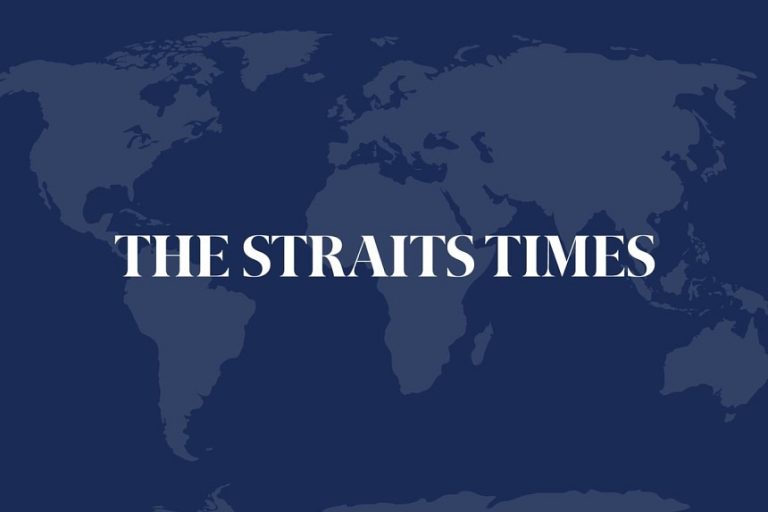
HELSINKI/STOCKHOLM – The Finnish and German governments on Monday said an investigation was under way of a severed fibre optic communications cable running on the Baltic seabed and linking the two countries, and they cited concerns about the security of critical infrastructure.
The 1,200 km (745 miles) fibre optic cable running through the Baltic Sea from Helsinki, Finland’s capital, to the German port of Rostock may have been severed by an outside force, Finnish state-controlled cyber security and telecoms network company Cinia said.
The C-Lion1 cable malfunctioned just after 0200 GMT, the company said.
The Finnish and German foreign ministries said in a joint statement that they were “deeply concerned” by the severed cable and that a thorough investigation was underway.
“Our European security is not only under threat from Russia’s war of aggression against Ukraine, but also from hybrid warfare by malicious actors,” they said. “Safeguarding our shared critical infrastructure is vital to our security and the resilience of our societies.”
The sudden outage implied that the cable was completely severed by an outside force, although a physical inspection has not yet been conducted, Cinia’s chief executive, Ari-Jussi Knaapila, told a press conference.
The damage occurred near the southern tip of Sweden’s Oland island and could typically take between five and 15 days to repair, he added.
Cinia said it was working with authorities to investigate the incident.
Swedish public service broadcaster SVT reported that Swedish authorities were also investigating damage to a communications cable running between Lithuania and Sweden, close to the one that was severed.
“It is absolutely central that it is clarified why we currently have two cables in the Baltic Sea that are not working,” Carl-Oskar Bohlin, minister of civil defence, told SVT.
The Swedish government did not immediately reply to Reuters’ request for comment.
Last year a subsea gas pipeline and several telecoms cables running along the bottom of the Baltic Sea were severely damaged in an incident raising alarm bells in the region.
Finnish police investigating the 2023 case have named a Chinese container ship believed to have dragged its anchor as a prime suspect, but have not said whether the damage was believed to be accidental or intentional.
In 2022 the Nord Stream gas pipelines linking Russia to Germany in the Baltic Sea were destroyed by explosions in a case that remains under investigation by German authorities. REUTERS
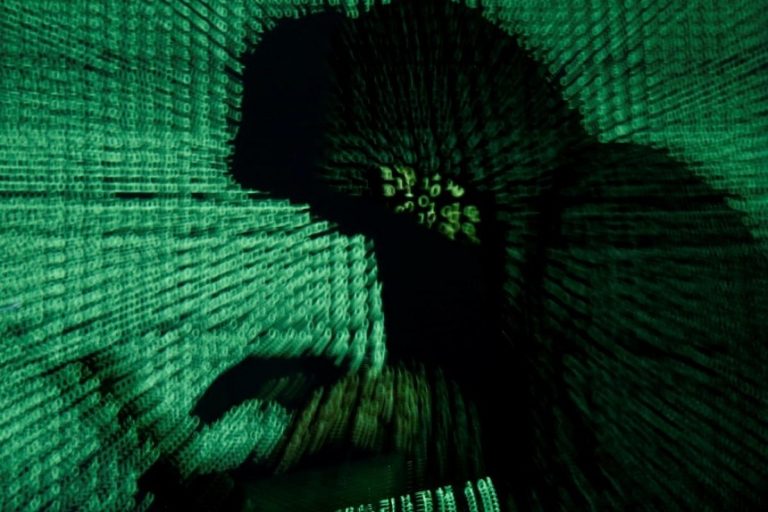
An Iranian hacking group is actively scouting U.S. election-related websites and American media outlets as election day nears, according to a new Microsoft blog published on Wednesday. Researchers say the activity suggests “preparations for more direct influence operations.”
The hackers – dubbed Cotton Sandstorm by Microsoft and linked to Iran’s Islamic Revolutionary Guard Corps – performed reconnaissance and limited probing of multiple “election-related websites” in several unnamed swing states, the report notes. In May, they also scanned an unidentified U.S. news outlet to understand its vulnerabilities.
“Cotton Sandstorm will increase its activity as the election nears given the group’s operational tempo and history of election interference,” researchers wrote. The development is particularly concerning because of the group’s past efforts.
Iran’s mission to the United Nations did not immediately respond to a request for comment. In recent past comments, they denied any involvement in 2024 election-related hacking activity.
In 2020, Cotton Sandstorm launched a different cyber-enabled influence operation shortly before the last presidential election. Posing as the right-wing “Proud Boys,” the hackers sent thousands of emails to Florida residents, threatening them to “vote for Trump or else!”.
The group also released a video on social media, purporting to come from hacktivists, where they showed them probing an election system. While that operation never affected individual voting systems, the goal was to cause chaos, confusion and doubt, senior U.S. officials said at the time.
Following the 2020 election, Cotton Sandstorm also ran a separate operation that encouraged violence against U.S. election officials who had denied claims of widespread voter fraud, Microsoft said.
The Office of the Director of National Intelligence, which is coordinating the federal effort to defend the election from foreign influence, did not immediately respond to a request for comment. REUTERS
